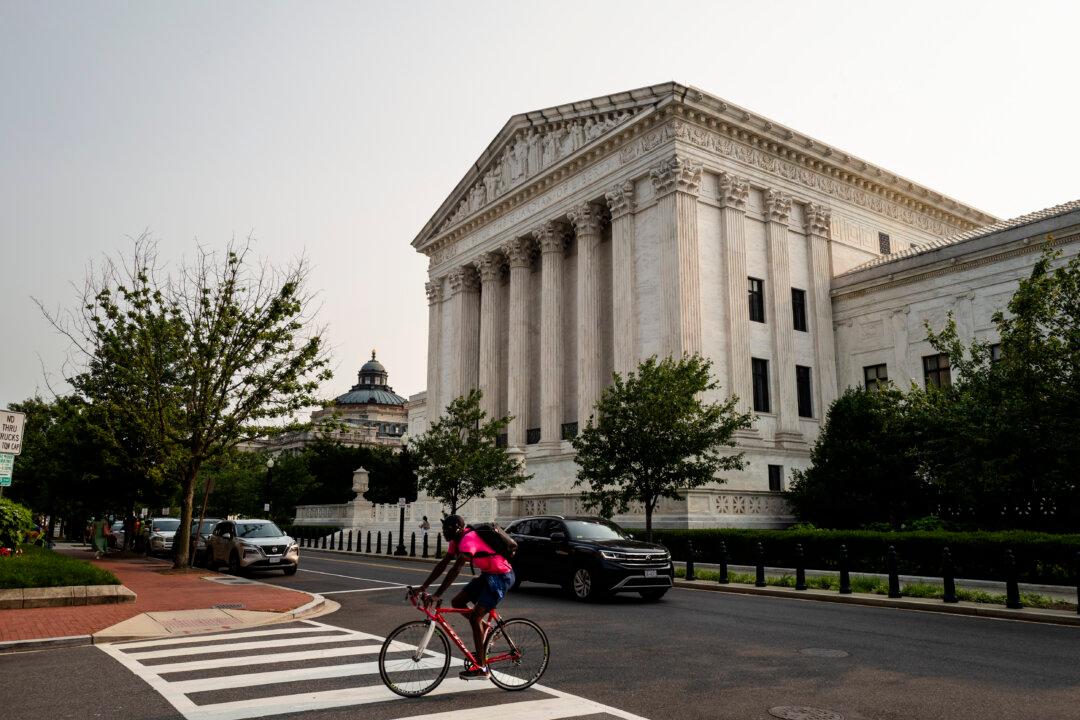Commentary
“The Social Philosophers” by Robert Nisbet is a tour de force through human history and philosophy. He grounds the unifying theme of philosophy in society—or more precisely in community. Nisbet’s vast learning and his training as a sociologist flow from every page. Many readers will know Nisbet’s most popular book, “The Quest for Community,” as an indictment of an over-encroaching U.S. government in the late 20th century crowding out private associations and sources of community and, even worse, retarding the creation and development of new civil associations.





